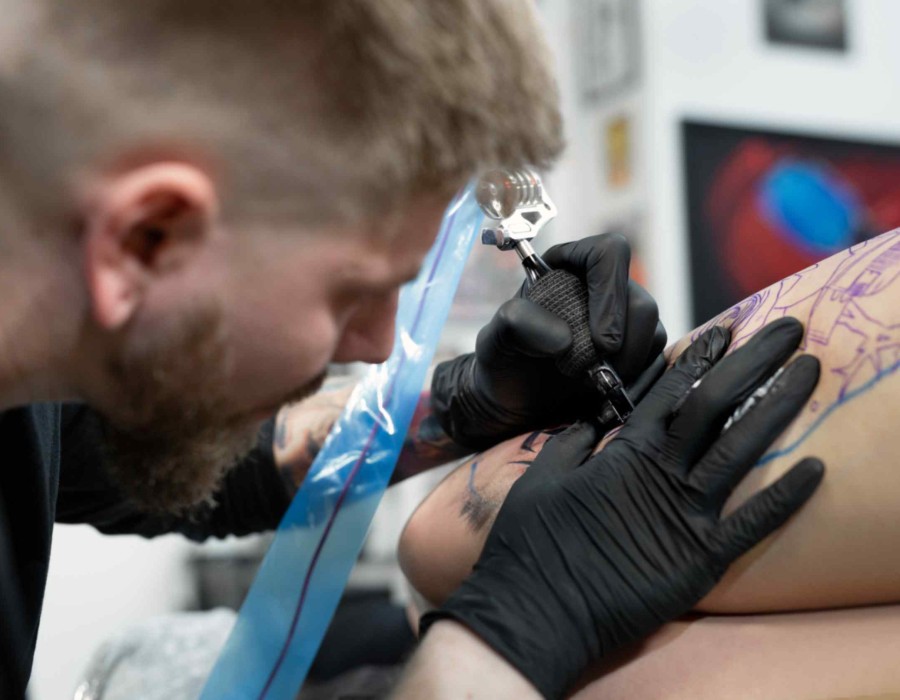Pursuing tattooing as a career involves a meaningful investment, and understanding the financial commitment required can prepare you for the journey ahead. If you live in the United States and want to become a professional tattoo artist, comparing course options and their expenses helps you plan wisely.
What Influences Tattoo Course Pricing?
Tattoo course cost across the U.S. can vary based on several factors:
- Type of Program: Online classes are often more budget-friendly, while in-person courses especially those held in established studios may have a higher price due to resources, materials, and hands-on guidance.
- Length and Depth: Beginner-friendly short crash courses are typically less expensive. Comprehensive programs covering health regulations, machine handling, sanitation, and advanced design can demand a bigger investment.
- Location: Tuition rates often reflect the cost of living in a specific state or city, with metropolitan areas usually charging higher fees.
- Reputation of the Academy: Well-known studio academies or schools with high graduate success rates often set tuition at a premium, justified by mentorship opportunities and professional networking.
Average Price Ranges
In the United States, online tattoo courses generally range from $150 to $800 for introductory programs. These may include video lessons, downloadable materials, and community forums, but usually don't provide direct hands-on practice or equipment.
For in-person tattoo classes, expect tuition between $1,500 and $10,000 or more, depending on curriculum length, instructor experience, and whether the program includes studio practice on real skin or live models. Comprehensive courses with certification, apprenticeship, and starter supply kits may reach the upper end of this range, but offer valuable real-world training.
For those interested in how these training options compare, our blog Online vs In-Person Tattoo Courses Which Is Better? outlines key differences in learning experience, cost, and outcomes.
What Does Tuition Cover?
Standard tuition typically includes:
- Instruction from seasoned artists
- Access to studio equipment during lessons
- Course materials and practice skins
- Certification upon completion (for longer programs)
Some premium packages also provide starter tattoo kits and assistance with job placement or licensing paperwork. Always check the details to see if registration and materials are included or billed separately.
Are There Additional Costs to Consider?
Alongside tuition, budget for:
- Personal tattoo supplies: Inks, needles, protective gear, and your own tattoo machine
- Travel or accommodation (for in-person options, especially out-of-state programs)
- Licensing fees required by your state or city
- Health and safety certification courses, if not part of the curriculum
Choosing a Course That Fits Your Budget
Future tattoo artists should strike a balance between cost and credible training. Cheaper courses may be tempting, but cutting corners on training can impact long-term career success and safety.
If you want guidance evaluating options, many professional sites break down realistic tattoo course cost details, offer tips for budgeting, and can connect you with financial aid or installment plans.
Moving Forward
Getting a good tattoo education lays the groundwork for a secure, lucrative, and fulfilling job. Take time to research your options, weigh the return on investment, and look for programs with proven results and strong support communities. With careful planning, your path from student to skilled tattoo artist will feel both accessible and achievable.






Comments